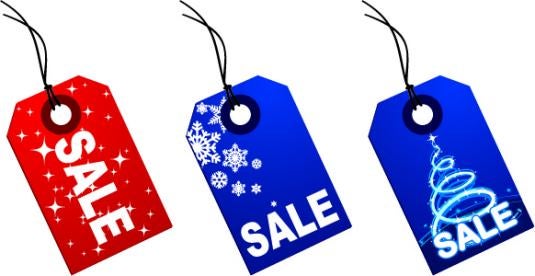Addressing for the first time the issue of whether patent exhaustion applies to products distributed for free, a divided panel of the U.S. Court of Appeals for the Federal Circuit held that “patent exhaustion principles apply equally to all authorized transfers of title in property, regardless of whether the particular transfer at issue constituted a gift or a sale.” LifeScan Scotland, Ltd. v. Shasta Technologies, LLC, Case No. No. 13-1271 (Fed. Cir., Nov. 4, 2013) (Dyk, J.) (Reyna, J., dissenting).
LifeScan manufactures meters for use with disposable test strips that allow individuals with diabetes to test their blood glucose levels. LifeScan sold some of its meters, but gave away the majority of its meters for free, “in the expectation and intent that diabetic individuals will use the meters with its test strips.” LifeScan owns a patent directed to an improved method of measuring blood glucose by comparing readings from two working electrodes on each test strip. After Shasta made test strips for use with LifeScan’s meters, LifeScan sued Shasta for indirect infringement of its patent and sought a preliminary injunction.
The district court granted the injunction, reasoning that exhaustion applied only to a “sale” involving consideration. Shasta appealed.
The Federal Circuit reversed the injunction and remanded, concluding that Shasta had established a patent exhaustion defense as a matter of law. The Court found that under Quanta (IP Update, Vol. 11, No. 6) and Univis Lens (IP Update, Vol. 11, No. 6), LifeScan’s meter substantially embodied the patented method and had no reasonable non-infringing use. LifeScan argued that exhaustion did not apply because LifeScan gave away its meters for free, thus it had not received the reward for its patented invention. The Federal Circuit disagreed: “[d]espite frequent references to ‘sales’ and ‘purchasers,’ the [Supreme] Court has more fundamentally described exhaustion as occurring when the patented product ‘passes to the hands’ of a transferee and when he ‘legally acquires a title’ to it.” The Court found that the lack of a sale was no barrier to exhaustion, citing an early Supreme Court case where the patentee’s rights were exhausted upon authorizing the manufacture of the patented machine. The Court also found persuasive a copyright case that held that the distribution of free promotional CDs exhausted the copyright owner’s rights.
The patentee could have sought its reward by demanding a particular price for the article embodying the invention, or it could give the article away for free in the hope of obtaining a future benefit, as LifeScan did here. But “[w]here a patentee unconditionally parts with ownership of an article, it cannot later complain that the approach it chose results in an inadequate reward and that therefore, ordinary principles of patent exhaustion should not apply.”
In dissent, Judge Reyna argued that the inventiveness of the method lies in the test strips, not the meter, and stated that exhaustion should not apply where the essential features of a patented method are immediately consumed during performance of the method, whether given away or sold.
LifeScan Scotland, Ltd. v. Shasta Technologies, LLC



 i
i


